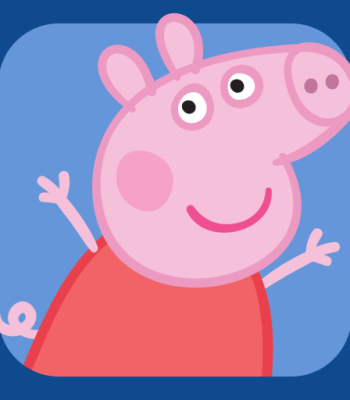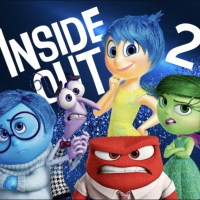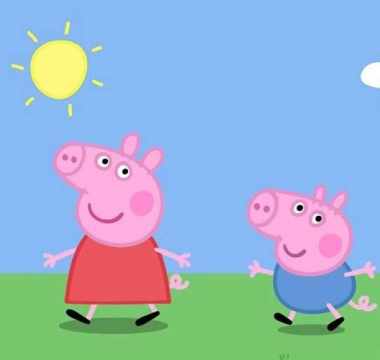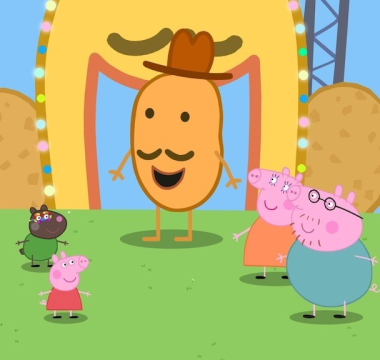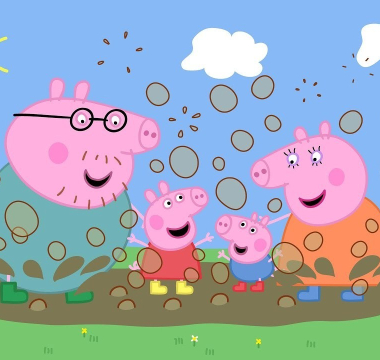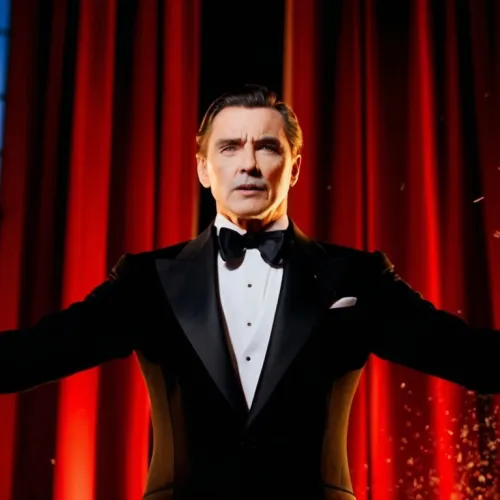Embarking on a Joyful Trek through Muddy Puddles
Peppa Pig is not just any children's show; it is a theatrical tapestry woven with educational threads and animated antics designed to captivate the hearts of toddlers worldwide. With its endearing characters and picturesque setting, the series has painted the screens of televisions and gadgets alike with the hue of innocent fun since 2004. In this review, we trot alongside Peppa, a lovable and adventurous piglet, as she explores the mundane turned marvelous through the lens of childlike wonder.
The show orbits around the daily escapades of Peppa, her brother George, Mummy Pig, Daddy Pig, and a diverse set of animal friends and neighbors. What's remarkably interesting is the balance it strikes between simplicity and wit. The episodes, digestible in length, focus on themes that range from family values to social skills, embracing educational content without compromising entertainment. Each five-minute snippet provides a spectacle of amusing dialogue and relatable scenarios ideal for preschoolers.
Navigating Through the Highs and Hiccups of Peppa's World
Families gather around Peppa Pig for its light-hearted take on many of life’s everyday adventures. Deftly, the show brings forward concepts of friendship, cooperation, and empathy. However, there’s a sprinkle of criticism to ponder alongside the heaps of praise. The simplicity of the animation, whilst appealing to very young audiences, may not hold the same charm as children grow older, seeking more sophisticated narratives and visuals. Furthermore, while mostly educational, some episodes have sparked debates regarding the behavioral models presented.
Parent guardians have, at times, expressed concern over moments of perceived brattiness from Peppa and her brother and a seeming lack of firm parenting responses from Mummy and Daddy Pig. The occasional lampooning of Daddy Pig's weight is a recurring jibe that skews away from the nurturing ambiance parents typically desire from children's programming. Additionally, certain episodes have walked into controversies by inadvertently conveying misleading information, as seen in the dialogue about spiders in "Mr. Skinnylegs," potentially shaping imprudent conceptions in young minds.
Moreover, the introduction of a lesbian couple stirred various reactions amidst the audience, showcasing an attempt at inclusivity, which may necessitate parental discussions about diverse family dynamics. These concerns, while relatively minor within the show's overall positive context, merit a pause for thought about the subliminal messages children absorb through their favorite animated characters.
The Multifaceted Echoes of Peppa Pig Fanfare
Viewer impressions of Peppa Pig stretch across a spectrum of admiration and critique. As a show that’s been a nursery staple for nearly two decades, it has accumulated an impressive fanbase of children whose mornings are incomplete without a dose of Peppa's cheer. Parents applaud the educational elements, citing observed improvements in their children's vocabulary and social skills attributed to the show's interactive storytelling.
However, amidst the applause, soft whispers of disapproval emanate from those wary of behavior replication. Certain parental circles question the representation of family dynamics and the subtle impact they may have on impressionable minds. These debates gather in online forums, social media platforms, and schoolyard discussions, reflecting the dual nature of modern parenting in the digital age.
Despite these occasional slip-ups, Peppa Pig remains a much-beloved series, dominating the realm of children’s entertainment with both its charm and its controversies. It stands as a testament to the power of animation in shaping young audiences, a friendly reminder to caretakers of their essential role in contextualizing and guiding media consumption.
